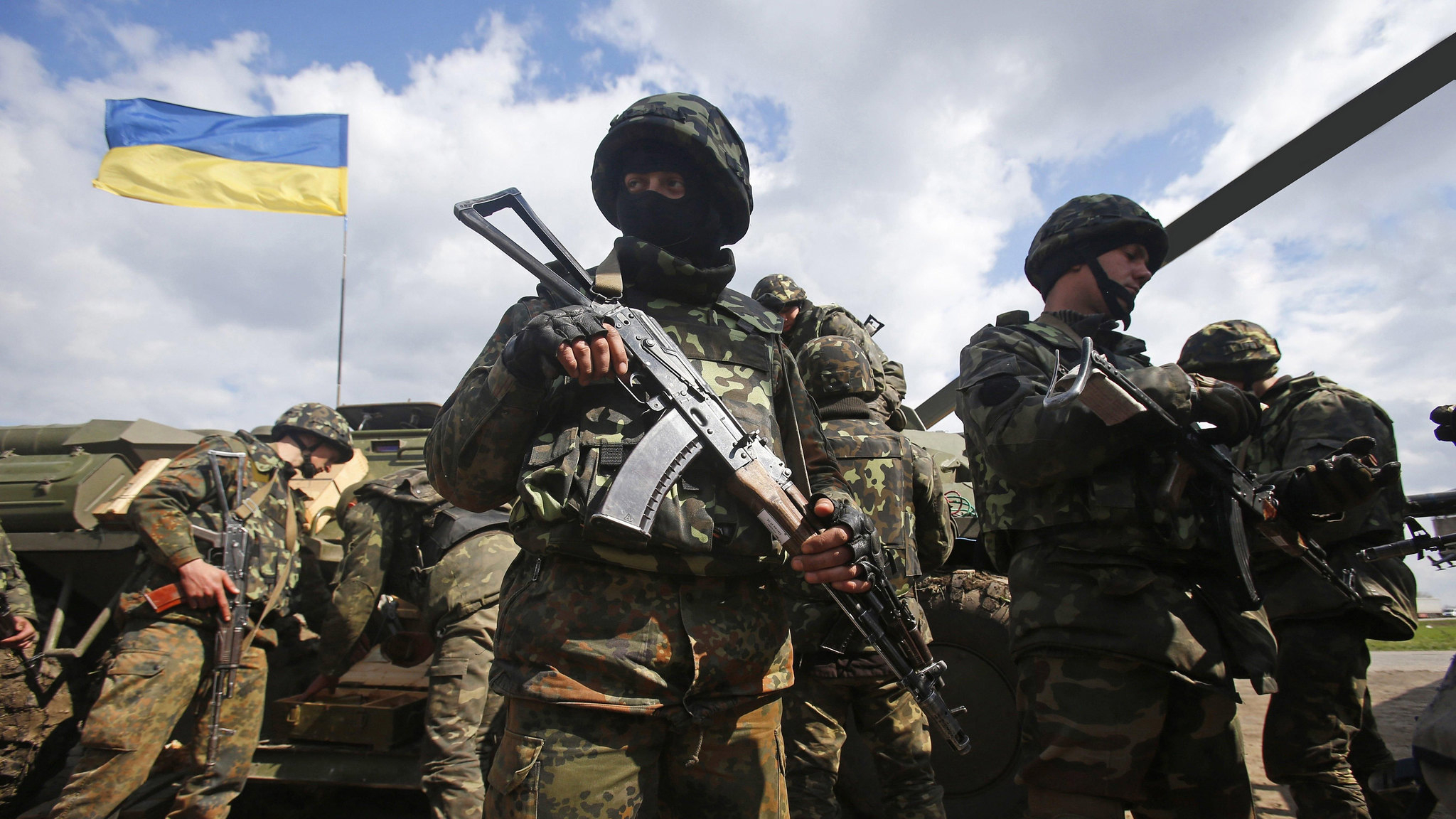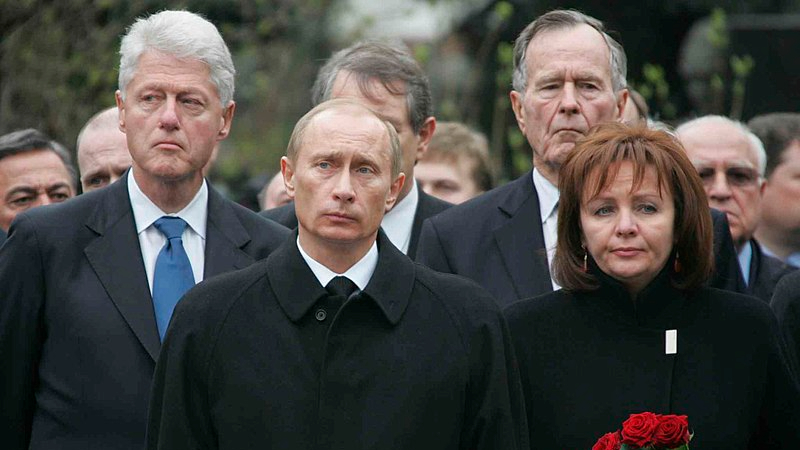Authors:
Historic Era: Era 10: Contemporary United States (1968 to the present)
Historic Theme:
Subject:
Spring 2022 | Volume 67, Issue 2


Authors:
Historic Era: Era 10: Contemporary United States (1968 to the present)
Historic Theme:
Subject:
Spring 2022 | Volume 67, Issue 2

Editor’s Note: Garry Kasparov, considered by many to be the greatest chess player of all time, was the World Chess Champion from 1985 to 2000. Since retiring from chess in 2005, he has focused on political activism and writing, speaking forcefully against anti-democratic developments in Russia. Mr. Kasparov recently published Winter Is Coming: Why Vladimir Putin and the Enemies of the Free World Must Be Stopped, from which this essay was adapted.
On August 19, 1991, CNN was providing nonstop live coverage of an attempted coup against Soviet president Mikhail Gorbachev. Allied with the KGB, hardliners from inside the disintegrating Communist regime had sequestered Gorbachev at his dacha in Crimea and declared a state of emergency. The global press was full of experts and politicians worried that the coup would mark the sudden end of perestroika, or even the start of a civil war, as tanks rolled into the middle of Moscow.
I appeared as a guest on Larry King that evening, along with former US ambassador to the United Nations Jeane Kirkpatrick, a professor from California, and a former KGB operative. I was alone in declaring that the coup had no chance of success, and that it would be over in forty-eight hours, not the months Kirkpatrick and many others were predicting. The coup’s leaders had no popular support, I insisted, and their attempt to put a halt to reforms they feared might lead to the breakup of the Union of Soviet Socialist Republics was doomed.
The ruling bureaucracy was also split, with many feeling they had better opportunities for advancement after a Soviet breakup. I was vindicated with great efficiency, as Russian president Boris Yeltsin famously climbed aboard a tank, the people of Moscow rallied for freedom and democracy, and the cabal of coup leaders realized the people were against them. They surrendered two days later. The coup attempt not only failed, but it accelerated the demise of the Soviet Union by presenting the people of the USSR a clear choice. Dissolution and an independent future were a little frightening, yes, but it could not be worse than the totalitarian present.
Like dominoes, republic after Soviet republic declared independence in the following months. Back in Moscow, two days after the failure of the coup, a jubilant crowd tore down the statue of “Iron” Felix Dzerzhinsky, the fearsome founder of the Soviet secret police, in front of the KGB headquarters.
It is difficult for me now to read the comments members of that crowd made to the press without becoming emotional. “This begins our process of purification,” said a coal miners’ union leader. An